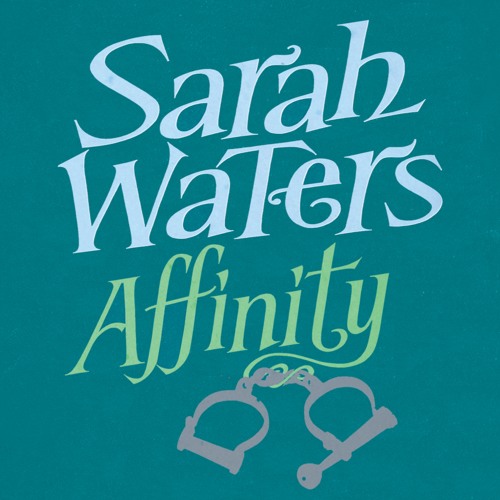
Examining this literary shift helps us see how sympathy, once understood as the core of moral life, came to be widely understood as a “feeling for” that is inferior to empathic “feeling with.” It is no coincidence that “empathy,” an esoteric psychological term in the first years of the twentieth century, was widely known and lauded by the middle of the century.


These authors reconfigure notions of intersubjective experience their writings mark a key shift away from sympathetic forms of literary representation toward empathic forms that strive to provide an immediate sense of another’s thoughts and feelings. Reconsidering the conditions of modernism’s “inward turn,” this book shows how five exemplary writers (Henry James, Dorothy Richardson, Katherine Mansfield, Ford Madox Ford, and Virginia Woolf) tackle the so-called “problem of other minds” in ways that reflect and enrich early twentieth-century discourses of fellow feeling. Empathy and the Psychology of Literary Modernism looks at the intertwined histories of empathy and modernist narrative in order to advance new portraits of both. Coined in 1909 to combine English “sympathy” and German “Einfühlung,” “empathy” is a specifically twentieth-century concept of fellow feeling. My point here is not to poison those pleasures but to unwrap some of the paradoxes of the narrative dichotomies inscribed.Įmpathy is a cognitive and affective structure of feeling, a bridge across interpersonal distance. Queer As Folk was a huge hit with gay, lesbian and straight women audiences it functioned as a popular cross-over text carrying complex enjoyment to some diverse viewing positions.

This essay will explore the encoding of gay identity within the series.

The shorter, two-part sequel, Queer As Folk 2, screened in February 2000, similarly received significant pre-exposure in a number of media domains. The programme has subsequently developed iconic value for Channel 4, appearing on much of their publicity material and mission statements, signifying the sincerity of their liberal credentials. Queer As Folk, an eight-part gay drama scheduled in February, March, and April 1999, was seen by Channel 4’s Chief Executive Michael Jackson as a signature show that would help to develop the channel’s distinctive place in British broadcasting for radical, experimental, minority television.


 0 kommentar(er)
0 kommentar(er)
